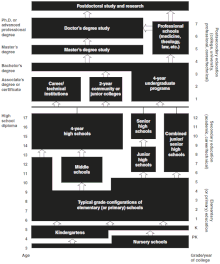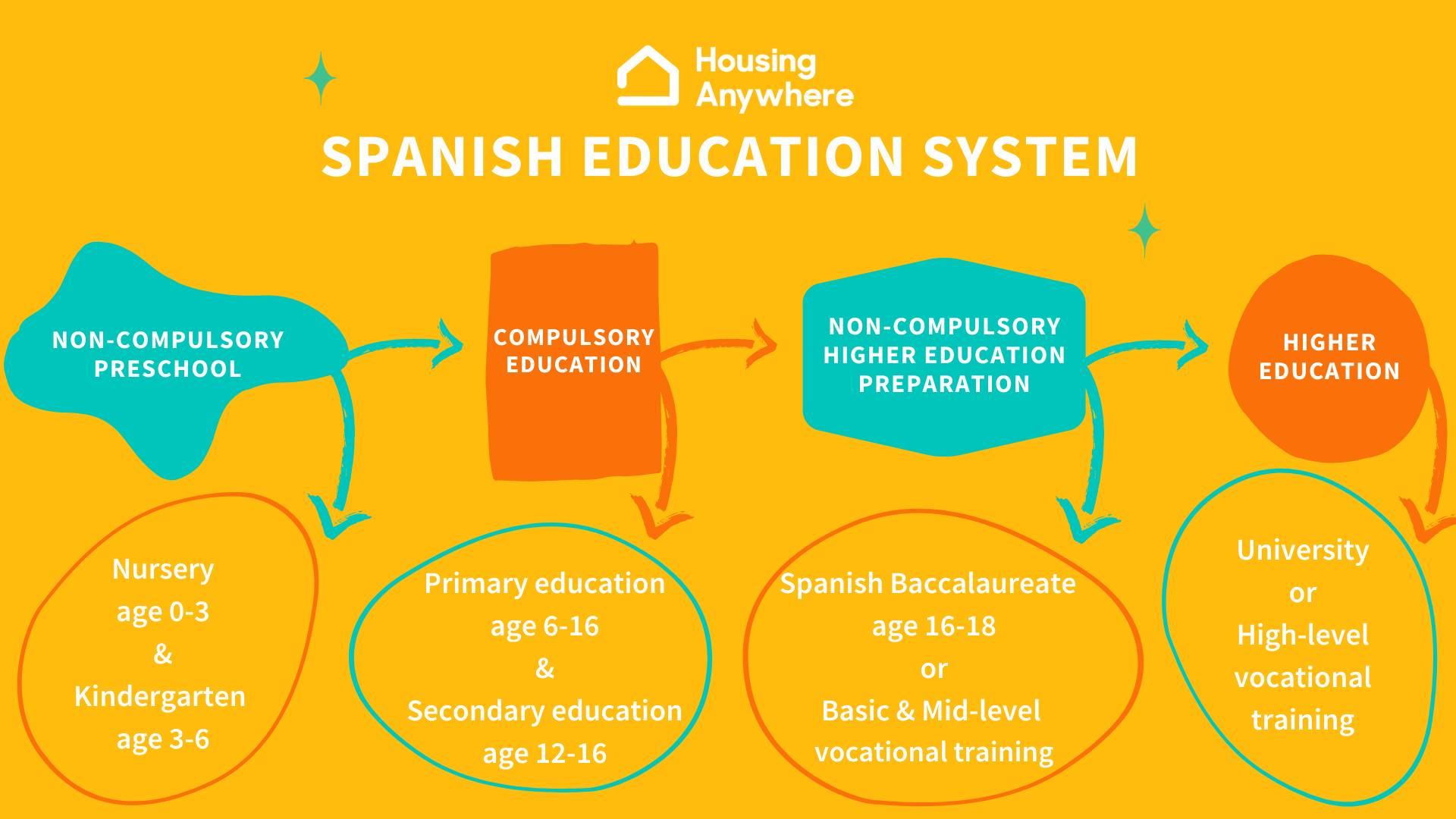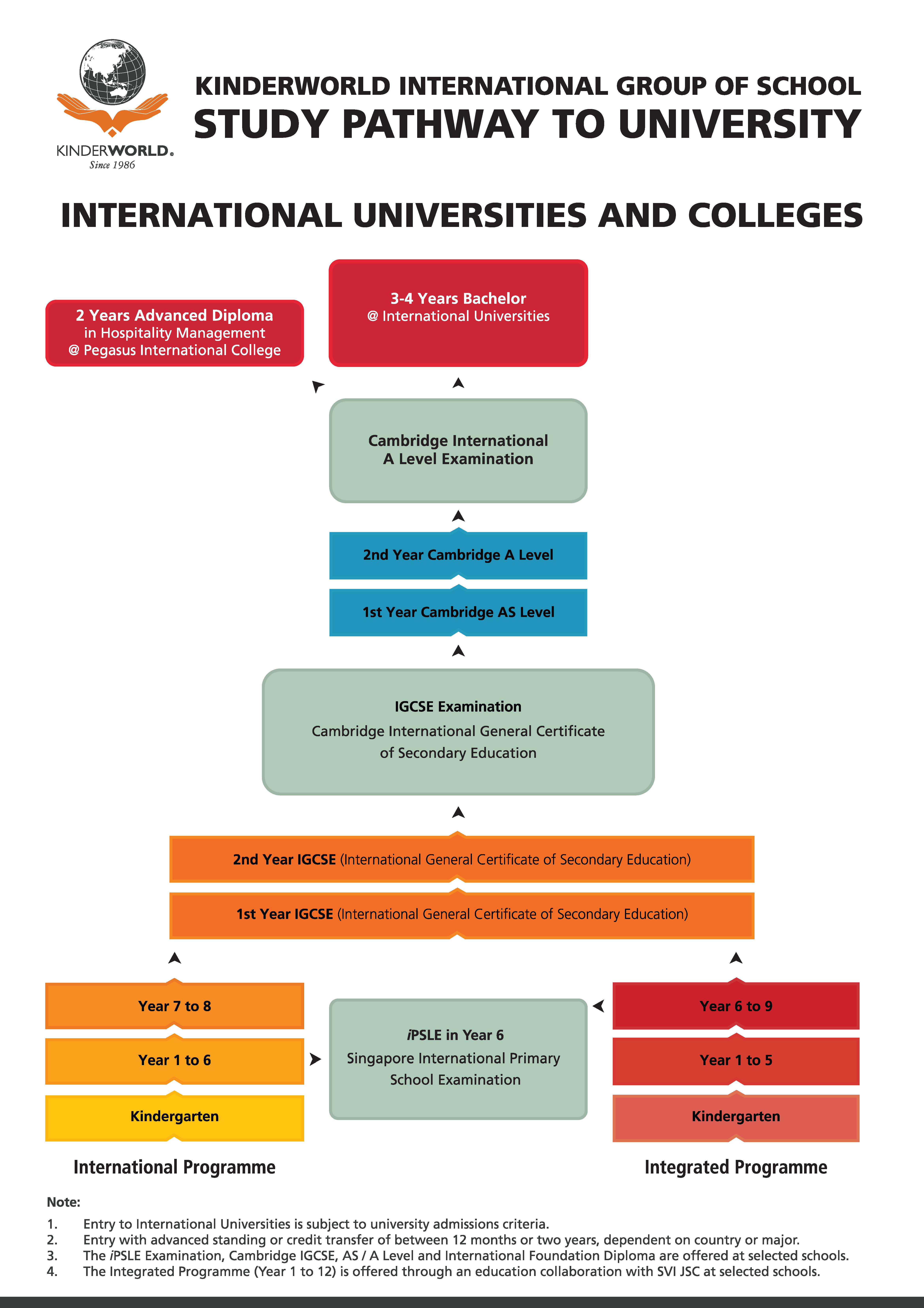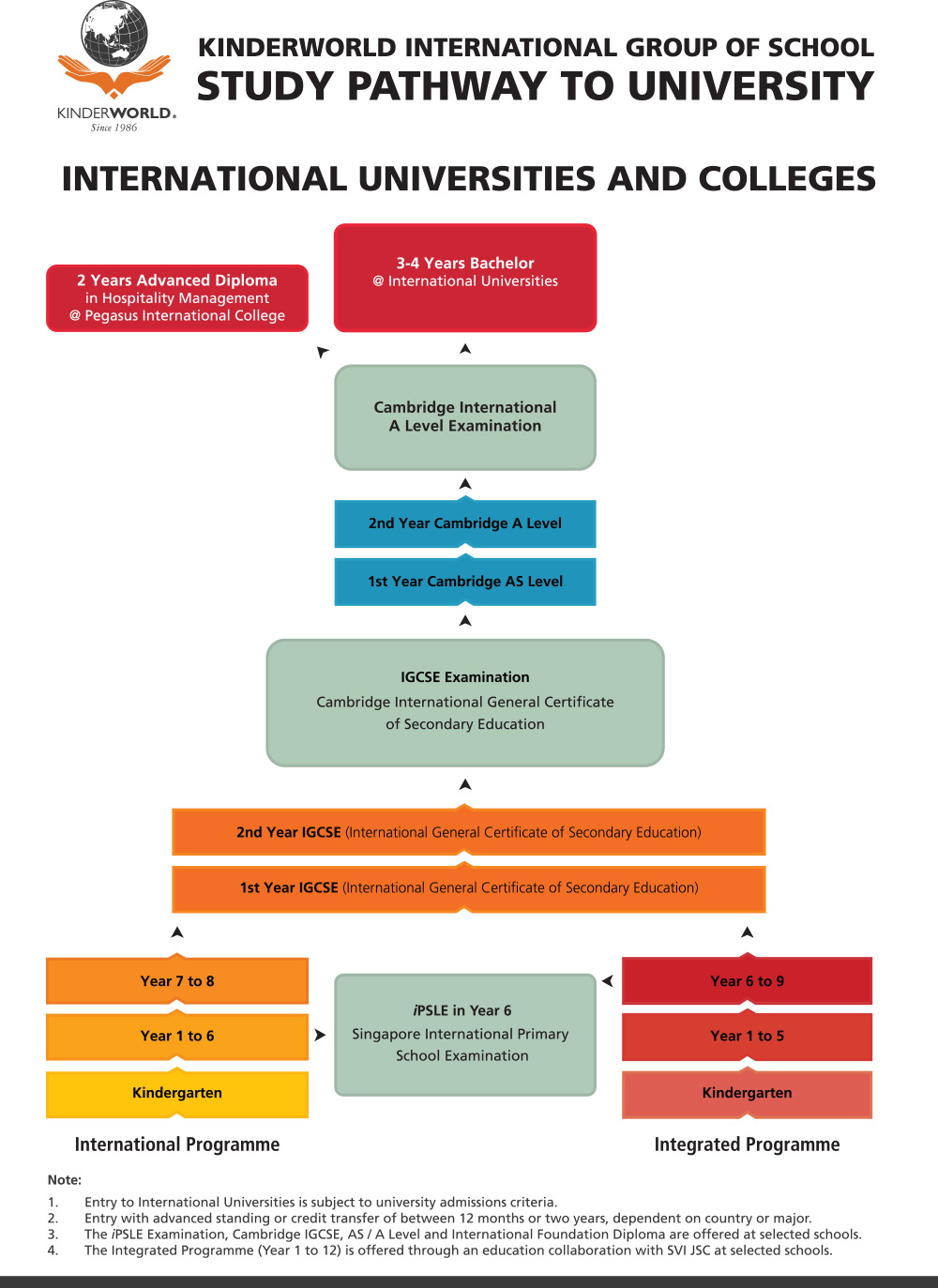Are A Levels Secondary Education? Exploring Their Role In Preparing Students
TÓM TẮT
A-Levels And Igcses, Explained
Keywords searched by users: Are A levels secondary education is a levels secondary education or higher, are a levels post secondary education, An A level is an Advanced level GCE qualification 2, is a levels tertiary education, A Level la gì, is college secondary education uk, what is secondary education uk, is sixth form secondary school
What Level Is An A Level?
“What is the academic level of an A-level qualification?”
A-levels, short for Advanced Level, are a type of qualification commonly pursued by students in the United Kingdom and various other countries. They are typically taken by students aged 16 to 18 and are considered the equivalent of a high school diploma in many educational systems. A-levels are often a prerequisite for admission to universities and colleges, and they play a crucial role in determining a student’s readiness for higher education. In terms of the UK’s National Qualifications Framework (NQF), A-levels are generally categorized at level 3, which is considered to be an advanced level of study. These qualifications involve in-depth subject knowledge and are typically more specialized than the general education subjects studied at lower levels. Therefore, an A-level is a qualification that signifies a high level of academic achievement and is an important stepping stone for students planning to pursue further education or enter the workforce.
What Are A Levels Equivalent To?
NVQs, or National Vocational Qualifications, are workplace-based qualifications designed to assess your competency in performing tasks within a professional setting. These qualifications are structured on a scale ranging from Level 1 to Level 5, with Level 1 representing the foundational skills and Level 5 signifying the highest level of expertise. Attaining a Level 3 NVQ is considered equivalent to achieving an A Level, a well-known academic qualification often obtained in schools or colleges. In essence, both A Levels and Level 3 NVQs indicate a similar level of knowledge and proficiency, but they cater to different educational pathways, with A Levels being predominantly classroom-based and NVQs being workplace-focused. These qualifications are typically offered by educational institutions, such as colleges and schools, as well as directly within workplaces to help individuals advance their careers and demonstrate their expertise in specific fields.
What Is Classed As Secondary Education Uk?
In the United Kingdom, secondary education encompasses the educational phase designed for students between the ages of 11 and 16. During this period, students typically attend one of several types of schools, including secondary schools and middle schools. Secondary education plays a crucial role in the UK’s educational system by providing students with a diverse range of subjects and experiences that lay the foundation for their future academic and career paths.
Details 26 Are A levels secondary education






Categories: Share 60 Are A Levels Secondary Education
See more here: buoitutrung.com

General Certificate of Education (GCE) AS levels and A levels. Students conclude upper secondary education with exams for a General Certificate of Education (GCE) advanced subsidiary levels (AS levels) or advanced level (A levels).Level 3 qualifications are: A level.NVQ’s are on the job qualifications where you’re assessed on your ability to complete tasks in a workplace. NVQ’s start at a Level 1 and go up to a Level 5. Achieving a Level 3 is the same as an A Level. They’re usually offered by a college, school, or workplace.
Learn more about the topic Are A levels secondary education.
- Primary and secondary education – England, Wales … – Nuffic
- What qualification levels mean: England, Wales and Northern Ireland
- A Level alternatives for university applications
- Secondary education (11 to 16 years) – Cambridgeshire County Council
- Everything You Need To Know About The A-Levels – Crimson Education UK
- Understand what A-levels are & what you can do with them – UCAS
See more: blog https://baannapleangthai.com/tech
